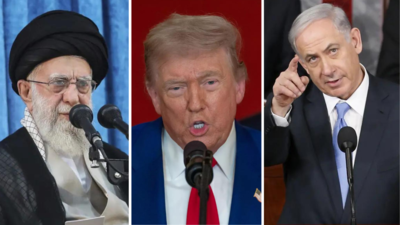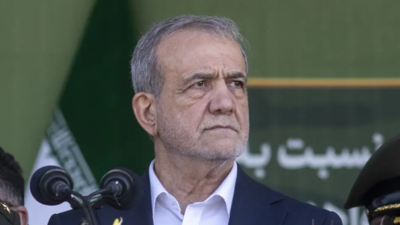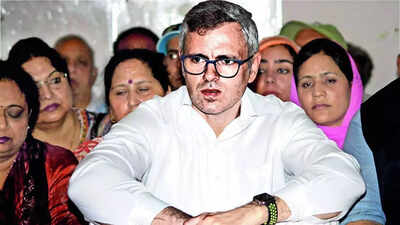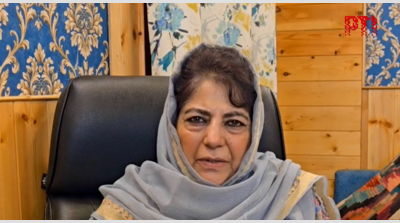Who won the war – Iran, Israel or US? No one surrendered, but no one walked away untouched either
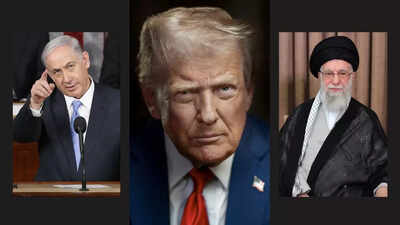
In the brutal chess match that unfolded across the Middle East over the past week, missiles flew, bases burned, and red lines were crossed. But as smoke settles over Tehran and Tel Aviv, a revealing truth has emerged: everyone’s declaring victory, and no one wants the next round.At the centre of this tangled web: Iran, hit hard but still standing. Israel, striking with precision but under diplomatic pressure. And the United States, simultaneously bomber and broker.
Iran’s calculated retaliation
Even before US bases in Qatar were targeted, Iran was looking for an off-ramp. Inside a fortified bunker, Iran’s Supreme Leader Ayatollah Ali Khamenei gave the green light to strike back, but carefully. According to a report from NYT, four Iranian officials say the orders were clear: hit back, but don’t escalate into full-scale war.The target was Al Udeid Air Base in Qatar, the largest US military installation in the region and, in Iran’s eyes, a nerve centre for the B-2 bombers that had just struck its nuclear facilities. But Iran wanted symbolism, not slaughter. According to NYT’s report, multiple officials confirmed Tehran sent warnings through backchannels. Qatar closed its airspace and US braced for impact.Thirteen of fourteen missiles were intercepted. No Americans died. Minimal damage. Mission — if not accomplished, then at least diplomatically crafted.US President Donald Trump, unusually measured after days of bluster, publicly thanked Iran for the warning.“They’ve gotten it all out of their ‘system,’ and there will, hopefully, be no further HATE,” he posted on Truth Social.Behind that calm facade, though, was a dangerous dance — one where a single misstep could have led to regional war.
Israel’s air war — devastating, but dented
For Israel, the week was a campaign of attrition against its most bitter regional rival. Airstrikes took out major Iranian military installations. Reports from Tehran confirmed significant damage to infrastructure and command centres.But the cost wasn’t just borne by Iran. By Tuesday morning, Israel found itself scolded by its closest ally.“I’m not happy with Israel,” Trump snapped, furious that Israeli jets resumed strikes hours after a ceasefire deal had been declared.And while Israel’s military showcased operational success, the optics, especially after the US bombed Iranian nuclear sites, left it vulnerable to accusations of overreach and instability.
The US: From firestarter to firefighter
The United States, meanwhile, played both arsonist and peacemaker. Trump’s decision to bomb three of Iran’s nuclear facilities marked a seismic shift, his biggest military gamble since taking office for a second time.But in classic Trumpian style, he pivoted fast, from dropping bombs to dropping all-caps messages on social media ordering Israeli jets to “TURN AROUND.” By Tuesday, he was spinning the outcome as a strategic success: Iran’s capabilities “set back,” American lives spared, and diplomacy, for now, back on the table.
Who really won?
In the war of narratives, everyone’s spinning a win:
Israel touts operational superiority and a softened Iranian military.
Iran proclaims survival and sovereignty, having struck back, however softly, against the superpower.
Ali Vaez of the International Crisis Group put it bluntly:
“Every side now has a narrative for victory, while avoiding the risk of stumbling into a larger conflict.”But the costs are real. In Tehran, daily life is paralysed. Thousands displaced. An economy already on the brink is now haemorrhaging under renewed pressure. Inside Iran, even voices from the Revolutionary Guard’s orbit are calling for a pause.“Our country doesn’t have the capacity to continue this war,” said Sadegh Norouzi, a Tehran politician, in a virtual town hall.
What’s next?
The path ahead remains foggy. Questions about Iran’s uranium stockpile linger. Diplomacy may take centre stage again, with Iran’s foreign minister Abbas Araghchi embarking on a diplomatic tour, seeking regional and global support.“They did not achieve their main goal,” Araghchi said, dismissing the strikes’ strategic impact.Yet, beneath the public bluster lies a quiet urgency, not for war, but for a face-saving way to avoid it. The missiles may have paused, but the regional rivalry, mistrust, and strategic gamesmanship continue.In this war, no one surrendered. But no one walked away untouched either.
